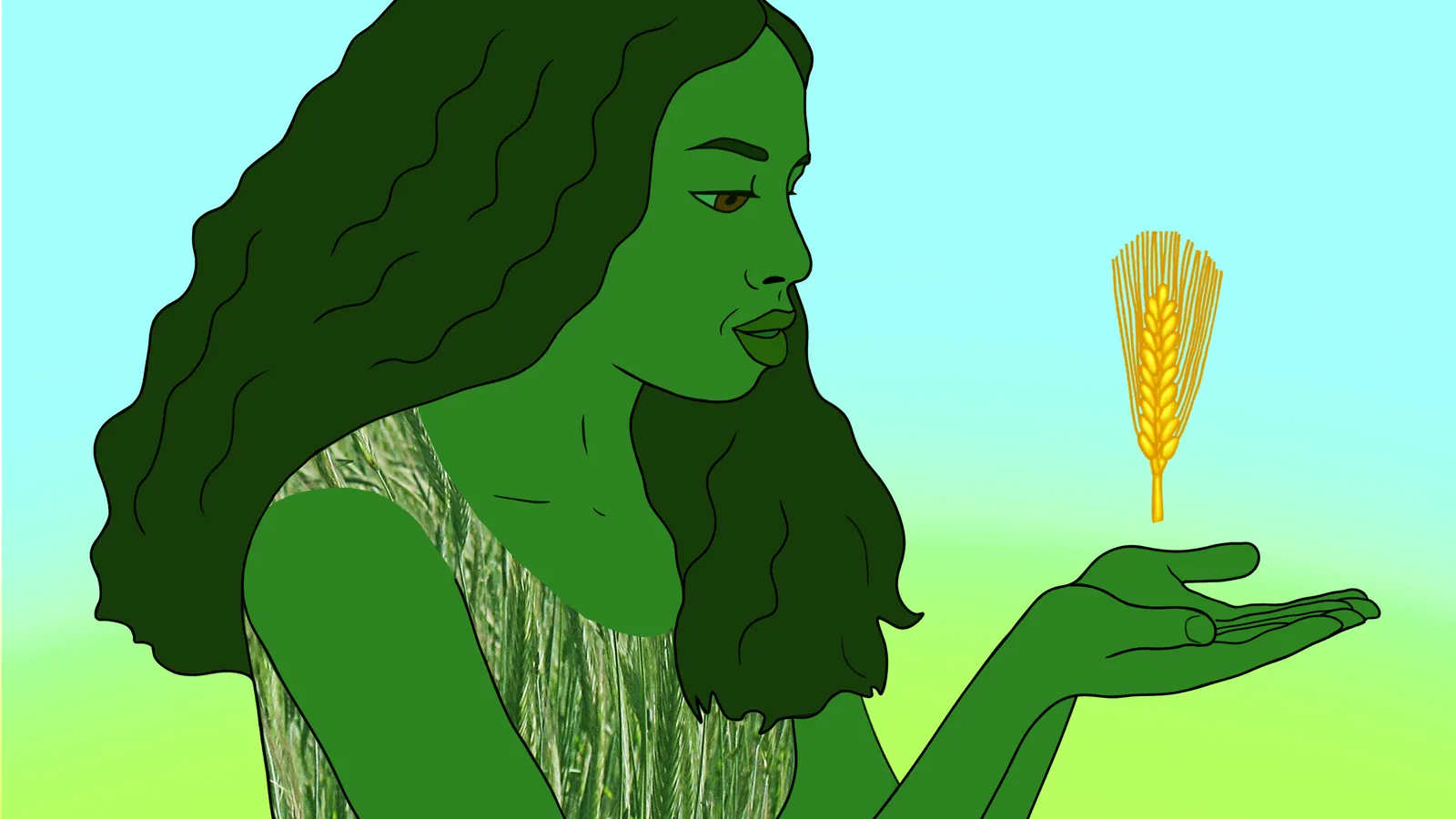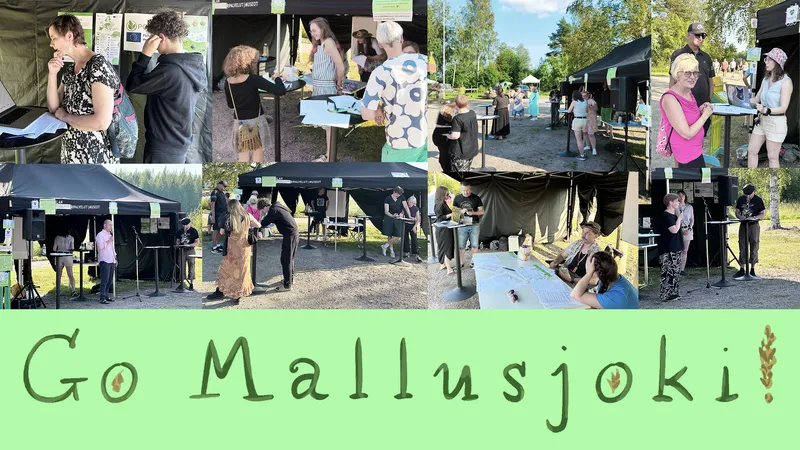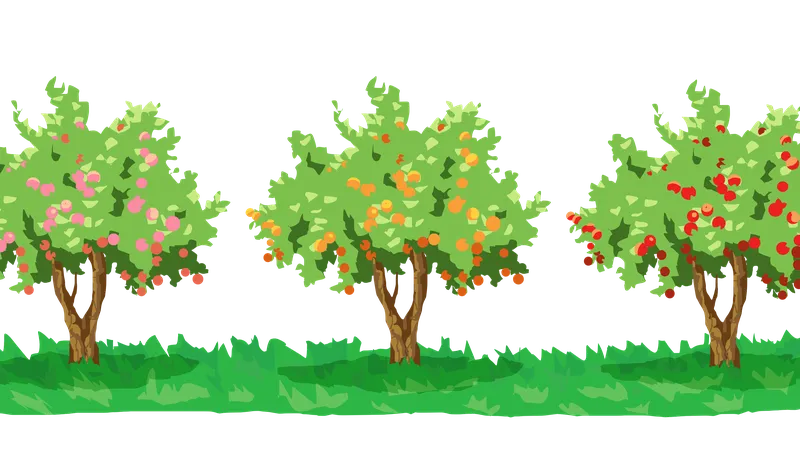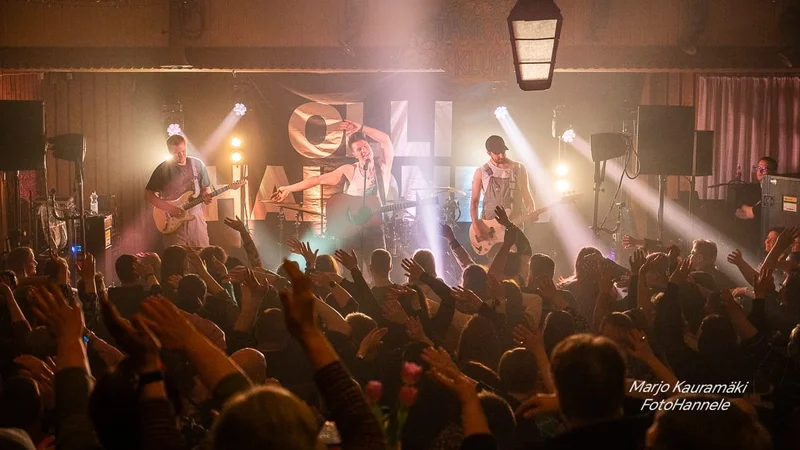What makes a small village feel big? In Mallusjoki, the answer is a living brand rooted in nature, culture, and participation. “The Spirit of Mallusjoki” branding strategy based on Go Mallusjoki! Ideathon’s ideas captures that essence and guides a practical development strategy for a thriving rural event industry, one that is sustainable, inclusive, and exportable.
Mallusjoki sits at the crossroads of permanence and multi-locality: roughly 414 permanent residents and an estimated 98 part-time residents based on Statistics
Finland, combined with an estimated 5,000 non-resident visitors, generate realistically over 20,000 potential visitor-days each year.
Add the momentum of Takinkääntöviikko and the Youth Society’s programme, and you have a ready audience, strong venues, and a clear opportunity to link events with green transition goals. The lake, forests, heritage sites, and active associations form a natural stage; climate and water-quality challenges, meanwhile, argue for an events model that advances restoration, circularity, and low-carbon choices.
The Go Mallusjoki! Ideathon confirmed both appetite and capacity. Residents, part-time locals, and visitors proposed 50+ ideas spanning community spirit, nature-based services, heritage revival, youth programming, and responsible tourism. These ideas, combined with expert input and light-touch AI, shape a brand that is more than a logo set: it is a shared playbook for how Mallusjoki welcomes, hosts, and learns. Digital tools stay humble and helpful, coordinating calendars, recommending activities, and supporting citizen science, while people, volunteers, and local knowledge remain front and centre.
The strategy focuses on five enablers: a coordinated network facilitator role; a shared calendar with AI conflict alerts; an equipment bank (sound, tents, staging); a modular web platform with event registration, REKO/local-food visibility, and map-based storytelling; and a mixed funding stack (PoliRuralPlus, LEADER, city grants, microfunding with community voting). Together, these make participation easy for organisers and meaningful for audiences.
Sustainability is the brand’s backbone. Ecologically, events prioritise waste-smart operations, local and plant-forward food, and lake stewardship. Economically, the model supports diverse revenue, from small vendors to experiential services. Socially, it is designed for everyone: youth-led nights, senior-friendly transport to sauna and swimming, multilingual safety and welcome activities with NGOs.
Roadmap highlights include an ERDF application for flagship pilots (village trail, community café, REKO pavilion), annual training for organisers, and an open “Rural Event Ecosystem Toolkit” for replication across Finland and Europe. By 2030, the goal is simple and bold: a four-season programme, a strong volunteer base, national recognition, and export-ready know-how proof that a village brand can be both deeply local and widely inspiring.
The Go Mallusjoki! Ideathon received funding from the PoliRuralPlus project, which is funded by the European Union’s Horizon Europe research and innovation programme under a grant agreement No 101136910.




Existing Comments